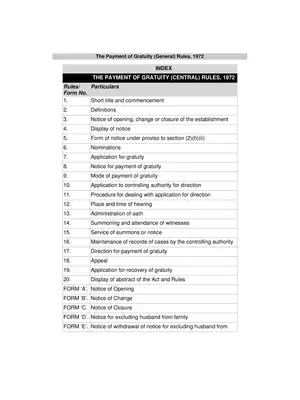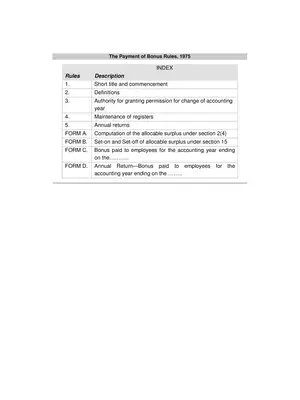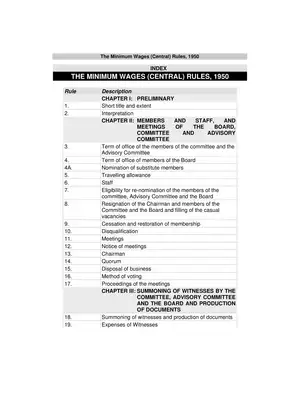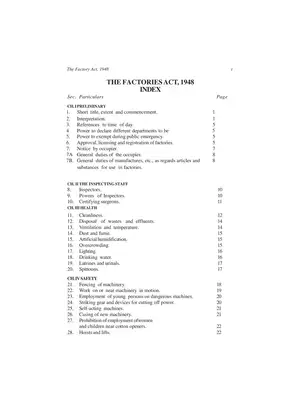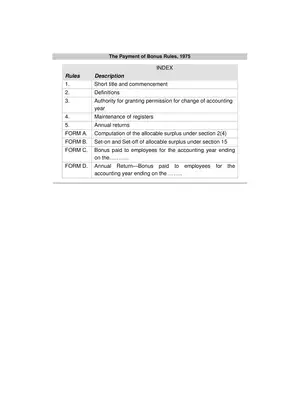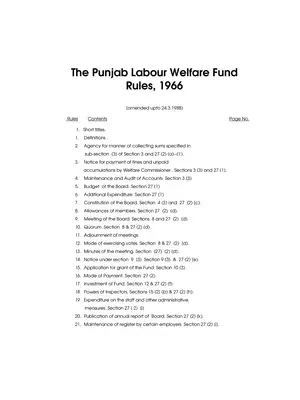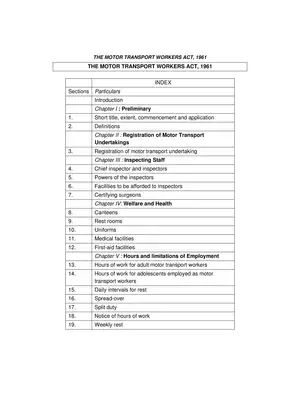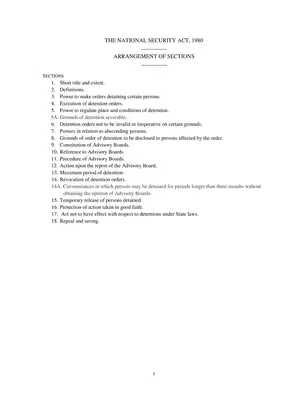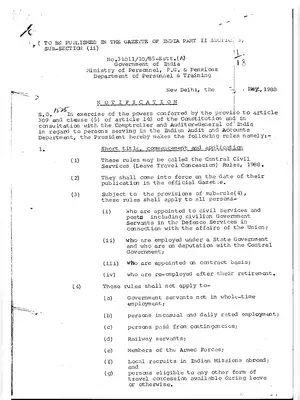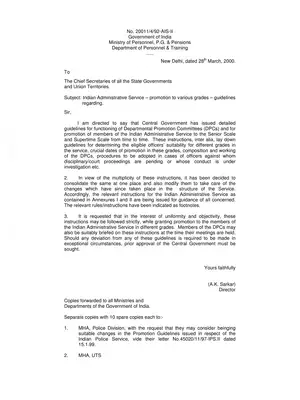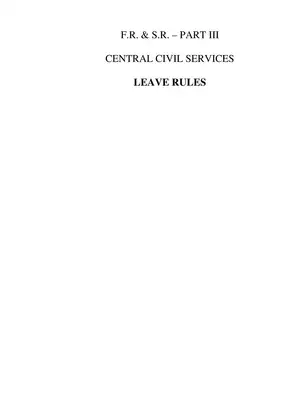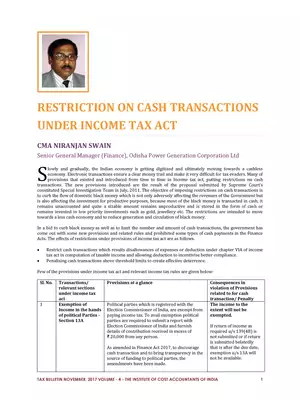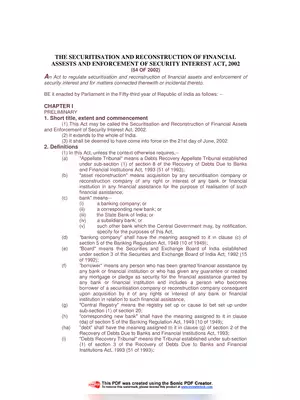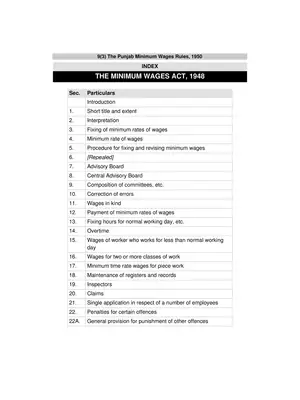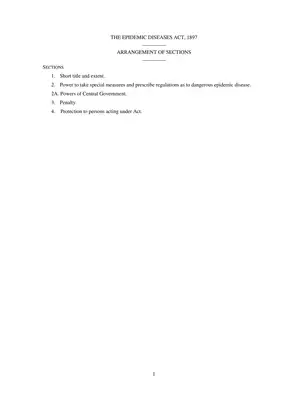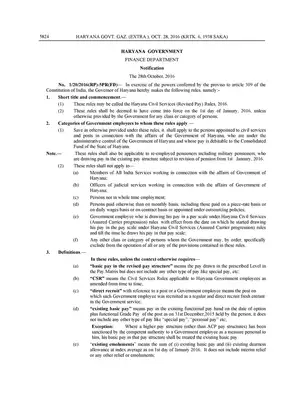Indian Acts and Rules
As of January 2017, there were about 1,248 laws. However, since there are Central laws as well as State laws, it is difficult to ascertain their exact numbers as on a given date and the best way to find the Central Laws in India is from the official websites.
The law of India refers to the system of law across the Indian nation. India maintains a hybrid legal system with a mixture of civil, common law and customary, Islamic ethics,or religious law within the legal framework inherited from the colonial era and various legislation first introduced by the British are still in effect in modified forms today.
